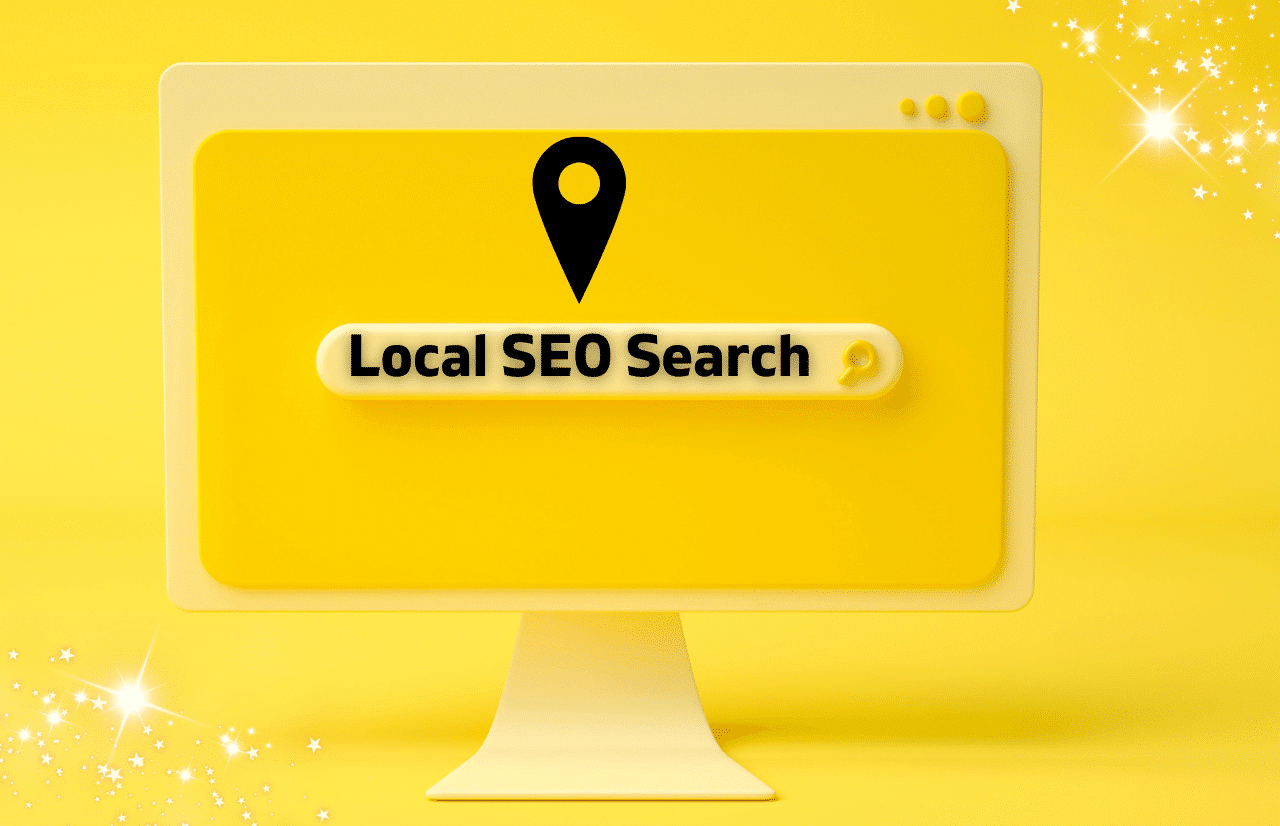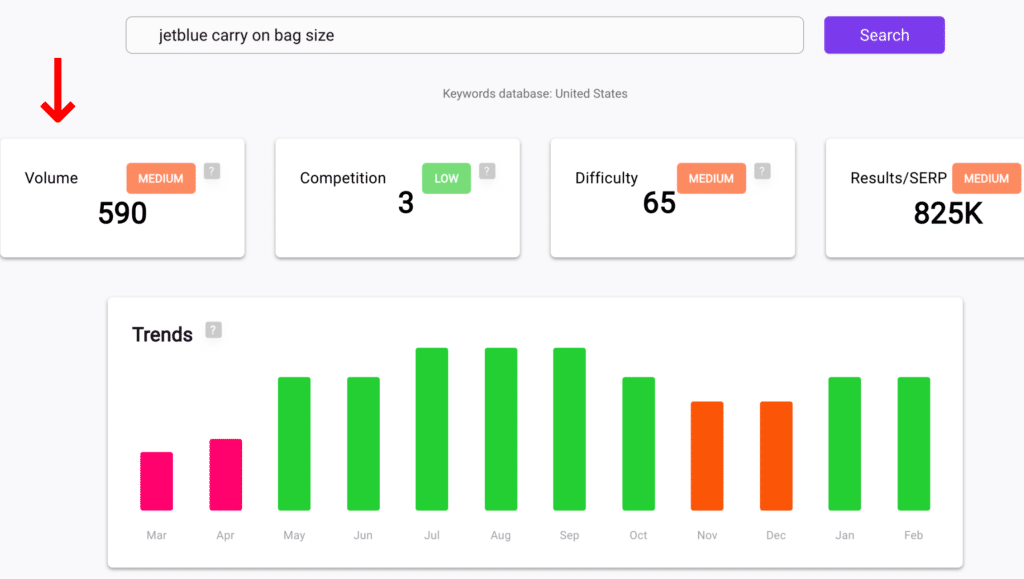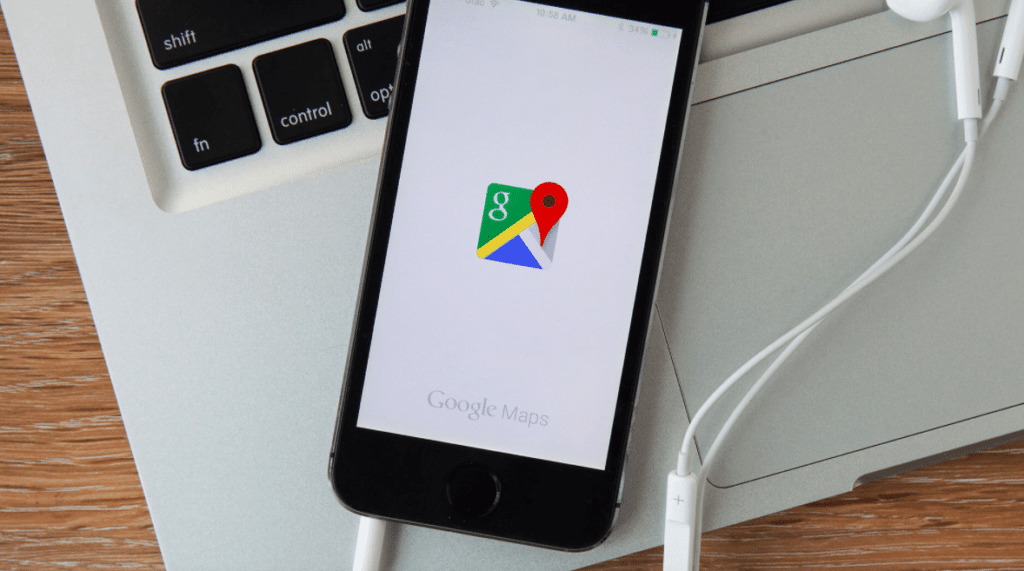What is Local SEO and Why it is Important for Your Business and Blog?

Are you a business owner with a blog looking for help with local SEO? You’re not alone.
Hundreds of business owners just like you are looking to build their local online presence with SEO.
Why? Because 46% of the searches on Google are local. That’s nearly half of the 46 billion searches happening each month.
We can help! In this guide, I’ll show you how to get your business found in local search results, along with tips on how to do it.

All Things Local SEO
When it comes to growing your business locally, you need to know the basics.
Here are the questions we’ll answer about all things related to local SEO marketing:
- What is Local SEO?
- How Does Local SEO Work?
- What’s the Difference Between SEO and Local SEO?
- What Are the Benefits of Local SEO?
- Where Do I Start Local SEO For My Business?
To start, let’s look at the definition of local SEO.
When you're growing your business locally, it's extremely important to know about how local #SEO can help. Read this if you want to get more customers through your doors. #LOCALSEO #Bramework Share on XWhat is Local SEO Marketing?
Local SEO is the practice of optimizing your website for a specific location.
If you have a local business, you want your website (and blog) to rank for search results by your local market. Optimizing your website is about making sure people can find you online.

Did you know that organic search results show only the top three sites relevant to your local search?
A recent Moz study reveals that the local organic results actually get 40% more clicks than the regular search results at 33%. It’s because customers are more likely to compare businesses locally before checking them out in real life.

So, the best practice for any local business blog, is to try to rank in both local and organic search. To achieve that goal, you should learn local SEO and how it works.
40% more clicks are for local search, as opposed to 33% for organic SEO.
How Does Local SEO Work?
To begin to learn about how local SEO works, ask yourself first – what are you selling and who are you selling it to?
It all starts with your keywords. These “key words” are what you’re going to try to rank in the search engines.

As a local business owner, your first goal is to get people in the door. That starts with your website.
We built a master keyword toolkit to refer to, for now, let’s work on how to implement those keywords into local search.

Start your keyword search using local terms. Keyword rankings refer to a domain’s position in the search engine results page.
The goal of good rankings is to drive website traffic organically – and locally. Use various versions of your keyword to drive more local traffic.

This helps marketers determine the effectiveness of which your website is getting ranked on Google and attracts local customers or clients.
What’s the Difference Between SEO and Local SEO?
You should look at local SEO as a subheading of SEO. If SEO were the umbrella term, local SEO is the sub-term. A division of SEO, if you will.
While SEO focuses on getting higher rankings for your website’s pages for searches, local SEO aims for higher rankings in specific locations.

If you’re trying to increase your website rankings for better SEO, you are casting a wider net to a larger audience. It’s not centrally grounded to a location. It’s worldwide.
Local audiences usually search with a city or zip code. By this search, Google can understand whether someone is looking for a local solution or an “anywhere” solution. These searches are good for small businesses.
You want to be a part of the local solution!
You want to be THE local solution online for your target market. Be available, locally!
What Are the Benefits of Local SEO Marketing?
As we’ve just established, when you’re a local business, it helps you get customers in the door. It also helps to convert them INTO customers, first.
1. Get Found By Your Ideal Customer Through Local SEO
Investing in any SEO is your chance to get found by local consumers who are ready and willing to invest in your business instead.
Fortunately, local SEO favors smaller businesses over larger corporations when it comes to search. If you were to search locally, your business would even show up before Amazon or the like!

That means you don’t have to worry about competing against large corporations to get your local business in front of nearby consumers. That’s a huge bonus!
2. Ability to Optimize Your Website
Another benefit is how it can help optimize your website. It sets you up to create landing pages that focus on your searchable keywords. You should be using these words throughout your website quite a bit – it’s all connected.

If your keywords match your local search, you’ll find that it starts to build trust in the search engines. Connecting your website to the search engines is your goal, after all.
3. Expand Your Reach Through Local SEO Marketing
The last benefit is about reach. This helps you find related fields to expand into! By providing local answers to their questions, it helps to engage with more people learn unique ways to attract your target market.
Being available to your local community, you can be available to answer real-time questions, and engage with referral partners. It’s a great way to build brand awareness.
PRO TIP: All of this ties back to your blog! Your blog is going to be the portal of your content to the world. Keep your keywords throughout your blogs to stay connected to your local search.
How Do I Start Local SEO For My Business?
So now that you know a little more about local SEO and the search engines, are you ready to start implementing it into your own website?

It’s not as hard as you think. You can start by letting Google know all about your business in three ways.
1. Google My Business
First, you let Google know where your business is located and how to be found by customers in that area. This can be done by registering your business with Google.

One of the first things you should do is create a Google My Business account. Build up your business profile by adding photos, services or products for sale and contact details.
But ranking for local searches requires more than optimizing just your website.
2. Optimize Your Website For Local Search
Second, optimize your website for local search. You’ll want to be sure you have the map enabled on your contact page, along with your local keywords.
3. Blog About It
The best way to get your local market to notice you, is to blog about it.
Use those local search keywords and incorporate them into your articles. Highlight your local partners, showcase a local event or blog about your grand opening. Whatever the topic, write about it.

The best part about content marketing, is that you can also monetize your blog! Partner up with local referrals and ask about affiliate programs or discounts. Adding these to your blog will help support you and your community.
Because we care about you at Bramework, here are some bonus tips to start local SEO for your website:
- Register your business with local directories
- Create a killer content strategy for local business
- Share other local websites
Now start blogging!
Bramework Wrap Up on Easy Local SEO Tips For Your Business
That’s a wrap! Local SEO marketing for your business, in a nutshell.
I hope you learned how to get your business out there locally, how it can benefit your brand and how to get it started.

The bottom line is we care about your business and we show you by helping your blog. Bramework specializes in making your blog better. We know how important it is to grow your local business.
What ways do you grow your local search? Please share it with us or reach out if you’d like help to grow your blog.
Happy blogging!
UP NEXT: Does Blogging Help SEO? 8 Easy Ways to Optimize Your Blog Posts for SEO!
Image credit: unsplash.com, bramework.com
(Original Article Date: March 9, 2021/Updated on June 29, 2022)




